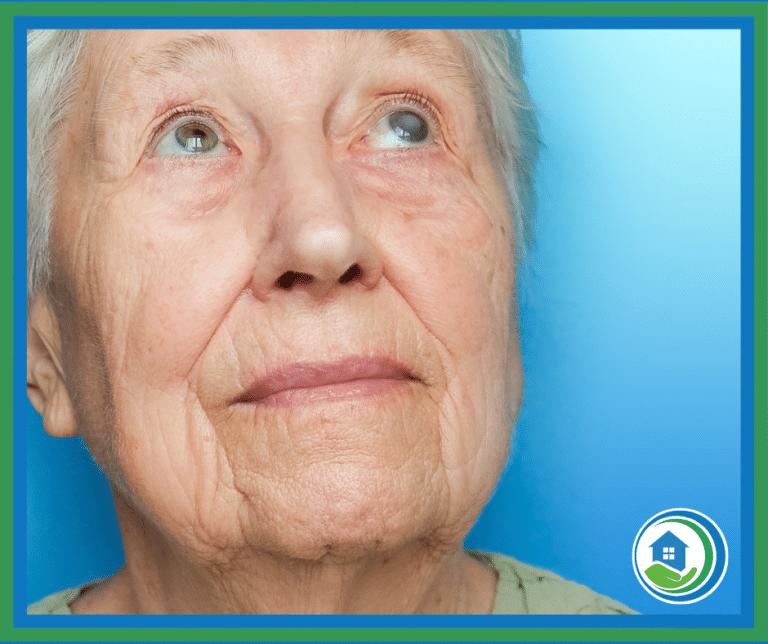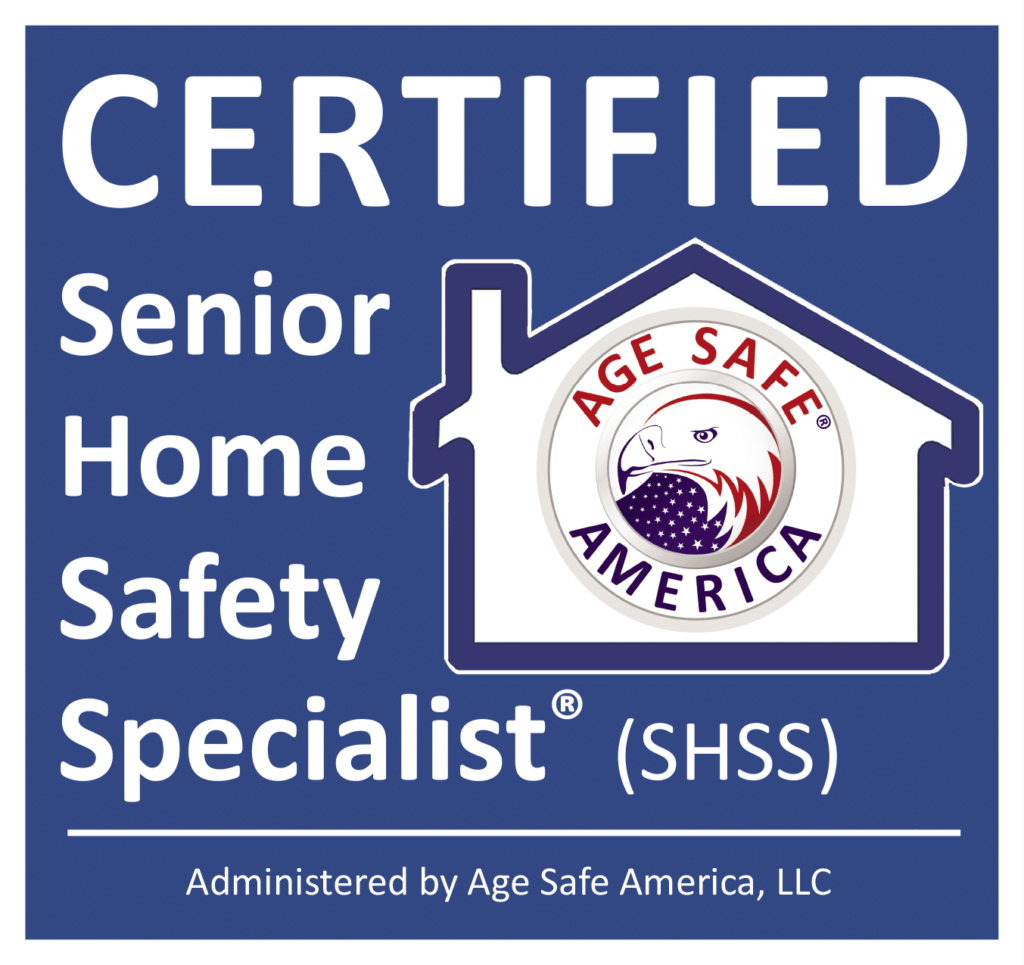Eyesight deteriorates with age. Cataracts are a common problem affecting more than half of the population by the time they turn 80. By this time, seniors have either developed cataracts or undergone eye surgery to remove cataracts. If this is the case, home care is needed for support when vision-related issues arise. Many people overlook eye-related complications because they lack the knowledge and expertise to understand the severity of damage and viable solutions.
What are Cataracts?
Eyes have lenses that may become cloudy with age or a previous injury. These are common situations that cause changes to the eye tissue, resulting in protein and fiber breakdown, which causes blurry vision and, ultimately, cataracts. This condition usually affects both eyes but may advance at different rates. If one eye experiences rapid cataract development, it can lead to a difference in vision between both eyes. A trained senior home care professional can identify telltale signs of cataracts and advise the family to act before things get out of hand.
What Causes Cataracts?
Aging is a blessing but comes with a high risk of developing cataracts. There are many causes of cataracts, especially lifestyle choices like excessive drinking of alcohol and smoking. In addition, spending too much time in the sun also increases the risk factor for developing cataracts among older adults.
Certain medications for high blood pressure, diabetes, and obesity can increase pre-dispose to the eye complication. Hence, scheduling follow-up appointments with a physician can help detect side effects from prescribed medicine and adjust the prescription without compromising the senior’s health. If an older loved one takes corticosteroid medication, it can increase susceptibility to cataracts. Regardless of the cause, senior home care specialists can improve the quality of life by helping with everyday tasks.
What are the Symptoms of Cataracts?
Cataracts can be detected and addressed early if you know the symptoms to look for. The earliest sign your older loved one needs help is nearsightedness or the inability to view objects from a distance. When cataracts first appear, they affect a small part of the lens, and the senior may not realize the deterioration in vision loss. However, more noticeable symptoms include large clouds that cover the entire eye lens.
If a senior in your care complains of blurry vision and sensitivity to light, there’s a chance they have developed cataracts. The condition makes seeing at night challenging, increasing the risk of falls. In addition, double vision may be a symptom of cataracts that prompts a visit to the doctor.
Why Consider Senior Home Care Support?
Now that you know cataracts can lead to varying degrees of vision loss, senior home care experts can support older loved ones with daily tasks, such as household duties. It also gives the family peace of mind knowing their loved one gets personalized care from a trained professional. Caregivers monitor the senior and advise effective ways to mitigate further damages and improve the quality of life. Leverage a certified caregiver’s extensive expertise and knowledge to ensure your older loved one receives compassionate care throughout treatment.
If you or an aging loved one are considering Home Care in Dallas, TX, please contact the caring staff at Clear Path Home Care today at (888) 740-7023
Clear Path Home Care provides compassionate, high-quality home care in Wood County, Dallas County, Rockwall County, Kaufman County, Van Zandt County, Rains County, Henderson County, Navarro County, and Ellis County in Texas.
- How Senior Care Helps Seniors Live Alone Safely - May 14, 2024
- How to Manage Mood Swings as a Senior - May 2, 2024
- How 24-Hour Home Care Can Help Manage Chronic Conditions at Home - April 18, 2024






